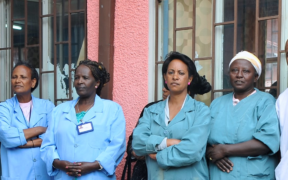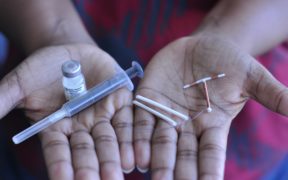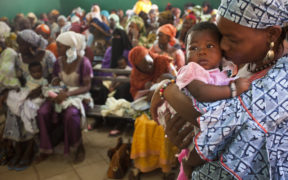Tag:
FP-HIV Integration
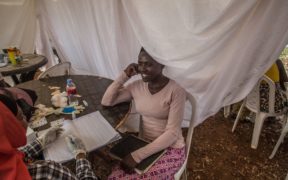
As we mark the thirty-fourth World AIDS Day on December 1, 2022, more needs to be done to ensure that HIV is prevented, treated, and eventually eradicated.
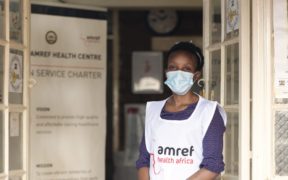
The integration of voluntary family planning and reproductive health care (FP/RH) with HIV service provision ensures FP information and services are made available to women and couples living with HIV without discrimination. Our partners at Amref Health Africa discuss the challenges of effectively addressing FP needs for vulnerable clients living in informal settlements and slum areas, and offer recommendations for reinforcing FP and HIV integration.
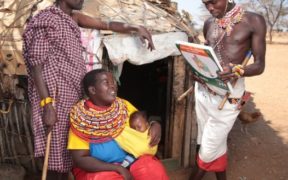
This piece summarizes the experience of integrating family planning and reproductive health (FP/RH) in the AFYA TIMIZA program, implemented by Amref Health Africa in Kenya. It provides insights to technical advisors and program managers that there is no one-size-fits-all approach in FP/RH service provision, access, and utilization: context is a critical factor in design and implementation.
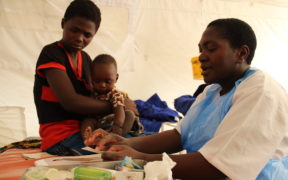
This article explores recent research on the extent that family planning has been incorporated into HIV services in Malawi and discusses implementation challenges throughout the world.

While quality of care and client-centered approach to care are not new words in the family planning lexicon, they are being used more regularly post-ECHO. Equally important is ensuring that the words "rights-based" are more than aspirational.




